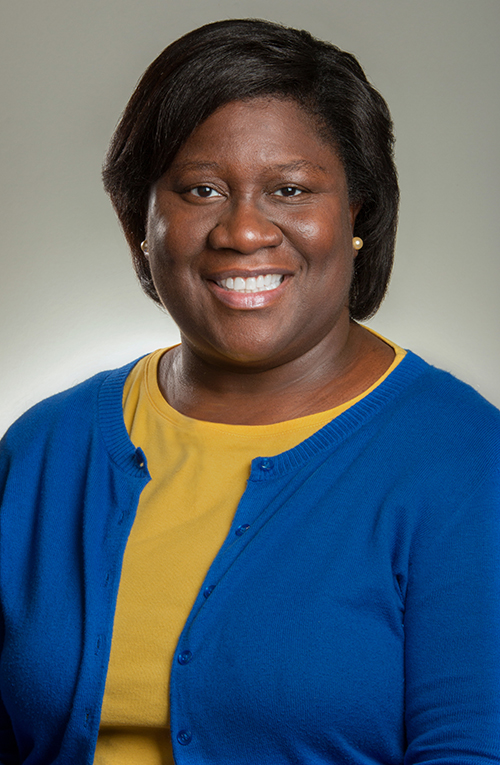
Chancellor Martin ‘Side by Side’ Episode Debuts on PBS
02/10/2026
07/16/2020 College of Agriculture and Environmental Sciences, Agribusiness, Applied Economics and Agriscience Education
Kenrett Jefferson-Moore, Ph.D. chairperson of the Department of Agribusiness, Applied Economics and Agriscience Education, is taking on a new leadership role.
In August, she will assume chairmanship of the Committee on the Opportunities and Status of Blacks in Agricultural Economics (COSBAE). The Agricultural and Applied Economics Association created the committee in 1980 to represent the interests and encourage the professional advancement of Black agricultural economists.
The leadership roles Jefferson-Moore tackles reflect her desire to connect people. “Our scientific laboratory deals with people and what they value,” she said. “To be successful in agribusiness or ag education, you have to develop connections to the farmers and understand their needs.”
Growing up in Doyline, Louisiana, Jefferson-Moore’s early experiences with agriculture revolved around the family’s farm and garden, and the sense of community that food helps to create.
“We would always give away the extra produce,” she said. “We would get up early and pick peas, shell and prep them to give away. I never thought I’d be in agriculture because it was a lot of hard work.”
In high school, however, Jefferson-Moore was looking through a college course catalog when the “agribusiness” entry caught her attention. Having already taken business classes in high school, Jefferson-Moore decided that agribusiness fit her entrepreneurial inclinations.
“My mother said that there were not a lot of women in the field, but as long as everyone has to eat, I’d have a job. I saw an entrepreneurial path in that advice, and one in which I could make a difference, even if I was one of the only ones.”
Jefferson-Moore received her bachelor’s degree from Southern University and A&M College in Baton Rouge, Louisiana; her master’s degree from Alabama A&M; and her Ph.D. from Auburn University.
She was named chairperson of chairperson of the Department of Agribusiness, Applied Economics and Agriscience Education in 2019 after serving the department for 16 years as a professor, program coordinator and principal investigator. The department supports the complex, global agriculture industry with a focus on people.
Her focus for the department is threefold: faculty, staff and student development; recruiting and retaining faculty, staff and students; and engagement and community partnerships. The goal is graduates ready to make an impact in agriculture.
“Agribusiness and agriscience education students can fit many molds of the industry,” she said. “They can work in government, in public and private educational systems, in non-governmental organizations and in the private sector. They are highly sought after, but the market is highly competitive. We must develop these future agricultural leaders so that we can be in the best position possible.
“I’m happy and grateful when I see students succeeding and know that I’m part of their experience.